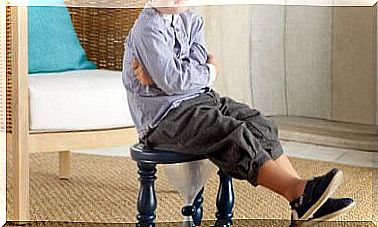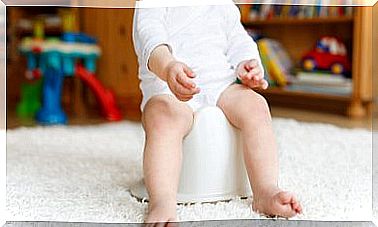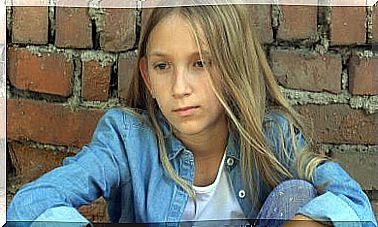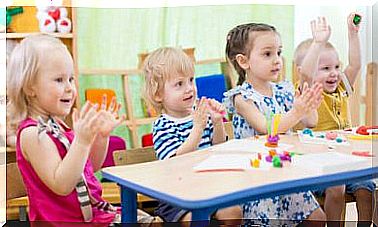7 Tips To Avoid Parenting Based On Punishment And Rewards

Parenting is a fairly broad challenge, it begins from the day the children arrive and it can be said that it never ends. However, in the first stage of life, children need to receive our instructions more precisely. Some specialists claim that punishments and rewards should be avoided. That is, educating children can be achieved through other types of methods, for example, through cognitive development.
It is common for us to choose to reprimand children when they do something that does not seem right to us. Therefore, punishing them tends to be the main option. Meanwhile, when they behave or do the right thing, the rewards often come. This is how we end up raising our children, and somehow it works, but there may be more options. Here we will tell you which are alternatives to the typical exercise of punishments and rewards.

How do we avoid punishment and reward parenting?
No parent considers raising their children based on punishment and rewards a priori, but many end up doing it. This action is normal, common and not at all reprehensible, especially when we know that parenting has no manual.
Depending on the type of punishment, the child may not be seriously affected. Same with rewards, why should we think they hurt? However, some psychological theories explain that when we punish or reward, we can reinforce the behavior in a reverse way.
On the other hand, positive reinforcement is not condemned at all, on the contrary, it can be effective. Perhaps we fail in the type of reinforcement that we apply. If the prize or reward is accessible to the child, it may not count as such. In the case of punishment, it depends on how consistently we apply it. However, it can be counterproductive both when it is very intense, and when it is very light.
For this reason, experts recommend that we help the child to develop his cognitive process. To promote this development, it is advisable to apply the following exercises:
- Avoid surprises, drastic changes or improvisations that make them lose control in certain aspects. It is recommended that most of our actions always have the same result.
- Put your children to the test, especially in brainstorming processes. Try to get them to apply some learned concept to a new circumstance.
- Teach them to reflect on their actions and give them space to do so, without pressure.
- Take advantage of every moment to ask them questions. Observe their responses with understanding, in order to apply positive corrections.
- If you are going to introduce simple modifications, try to do it gradually.
- Adapt your thinking to his, do not try to make him match your most advanced reasoning.
- It encourages experimentation, rehearsal, and exploration.
Development of behavior according to their abilities
If we can understand that not all children are the same and that each one adapts learning at their own pace, we can avoid many troubles. Sometimes what we think of as behavioral disturbances is actually part of personality development. Therefore, a punishment is not the most convenient in these cases.

Similarly, correcting negative behaviors can be as unproductive as rewarding good behavior. Experts consider that the development of the child’s behavior may be somehow invariable. In other words, they behave according to their age and abilities, which is why interventions are sometimes unnecessary.
In this sense, it is convenient to help them to put their neurons to work. According to the opinion of some psychologists, the child can adapt to the environment in which it operates. Organization can also be achieved according to your environment. This means that we can create an environment according to our criteria, and that they are able to adapt.
The balanced behavior of the child will depend on at least two factors. The first is the evolution of your cognitive process and the second, adaptation to your environment. For this reason, parental intervention should be applied first in cognitive development and later in the adaptation of the environment in order to seek positive results in children’s behavior.










